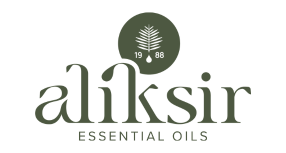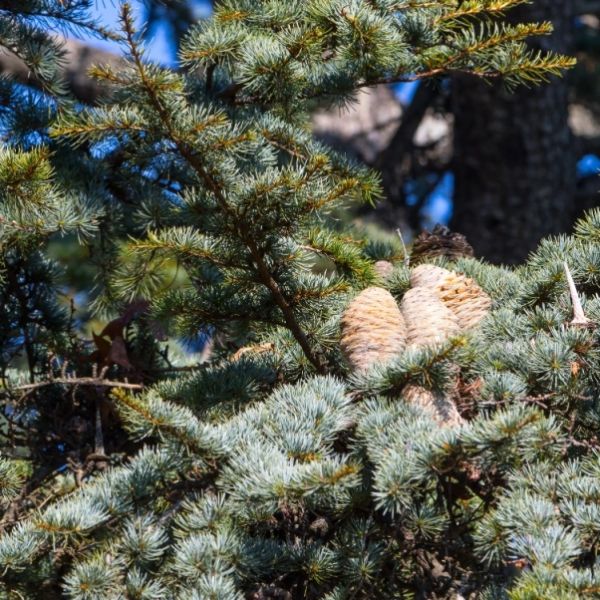| Latin Name: | Cedrus atlantica |
| English Name: | Atlas cedar |
| French Name: | Cèdre de l’Atlas, Cèdre de l'Atlantique |
| Family: | Abietacea |
| Origin: | Morocco |
History and Origin
Atlas cedar is a conifer from the Middle East and The Himalayas, acclimated to Europe. Symbol of Lebanon, its wood was used for the construction of the first Temple of Jerusalem, around 976 B.C.
This wood has the quality, besides its aroma, to repel insects and worms. Cedar, “erez” in Hebrew, is the most cited tree in the Bible.
In Guyana, the term “cedar” has a completely different semantic field botanically. In Canada, the same term is used to designate “thuya”, Eastern white cedar. In Egypt, cedar oil was used for embalming the dead; it was part of the process of mummification.





